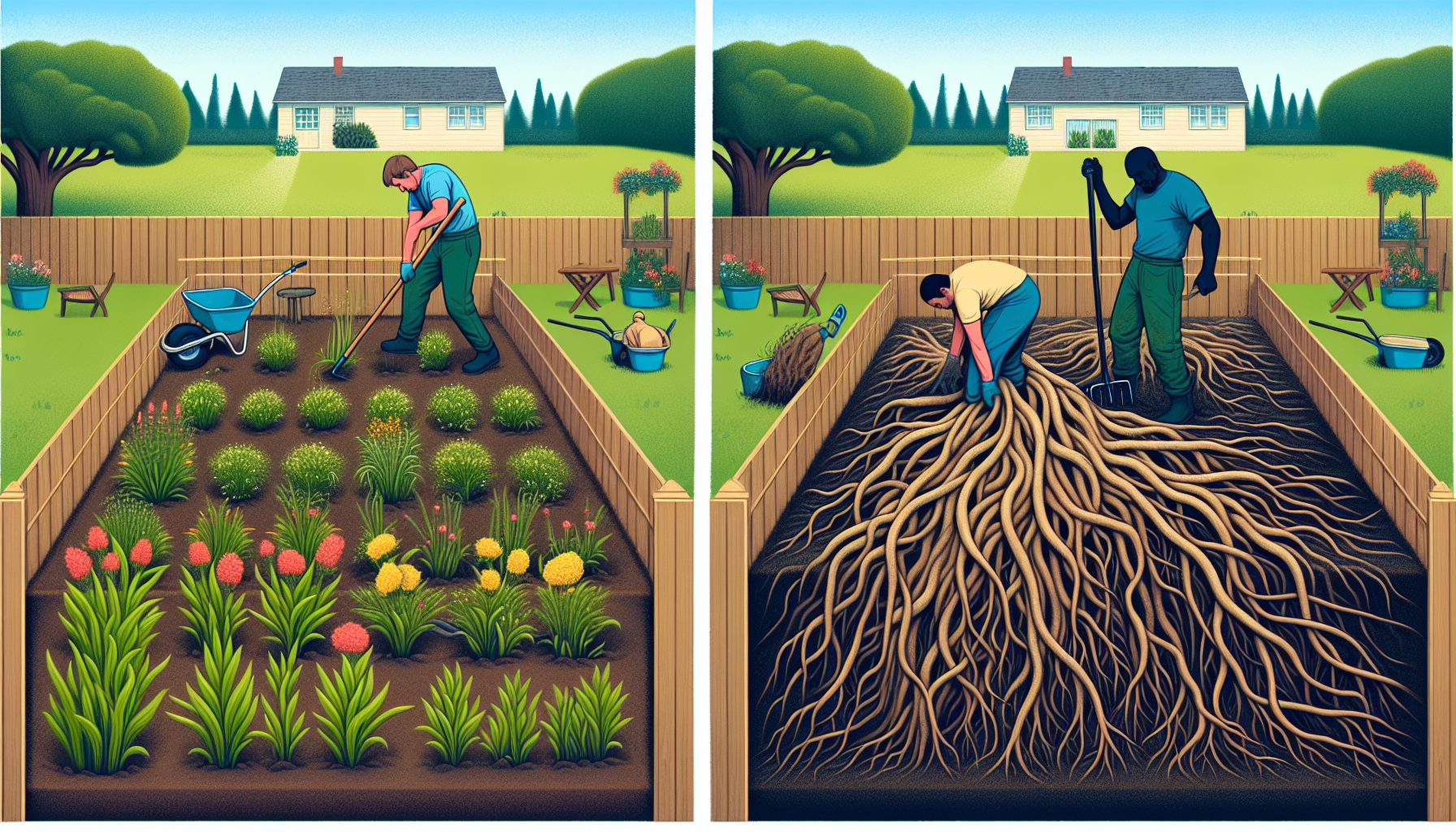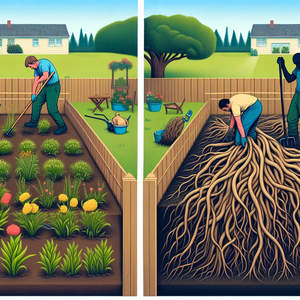The Future of Restoration: How Resicap is Shaping Industry Standards

One of the key ways Resicap is leading the charge in the restoration industry is through the integration of innovative technologies. The company has embraced advanced tools such as drones for damage assessment, 3D modeling for project visualization, and artificial intelligence (AI) for predictive analytics. These technologies allow for quicker, more accurate assessments of property damage, enabling Resicap to streamline processes and reduce downtime for clients.
Commitment to Sustainability
In addition to technological innovation, Resicap is committed to sustainable practices that address the industry's environmental impact. The company actively seeks to reduce waste and improve energy efficiency in its operations. This commitment is evident in their use of eco-friendly materials and practices in restoration projects, which not only benefit the environment but also appeal to a growing demographic of environmentally conscious consumers.
Setting Quality Standards and Best Practices
Quality assurance is another area where Resicap excels, setting high standards that elevate the entire industry. The company employs rigorous training programs for its staff, ensuring that every team member is equipped with the knowledge and skills necessary to perform their roles effectively.
Preparing for Future Challenges
As the restoration industry faces evolving challenges—from climate change to shifting consumer expectations—Resicap is proactive in its approach to future-proofing its services. The company invests in research and development to stay ahead of trends and prepare for potential disruptions in the market.
Career Paths at Resicap
Resicap offers a variety of career paths that cater to different interests and skill sets. Positions range from field technicians and project managers to corporate roles in marketing, finance, and human resources. The company places a strong emphasis on professional development, providing employees with opportunities for training and advancement.
Locations of Resicap Offices
Resicap has strategically located offices across the United States to ensure rapid response times and localized service for clients. Key locations include Atlanta, Georgia; Dallas, Texas; Denver, Colorado; and Los Angeles, California.
Products and Services Offered by Resicap
Resicap provides a comprehensive suite of restoration services, including water damage restoration, fire damage restoration, mold remediation, disaster recovery, and reconstruction services.
Resicap is not just participating in the restoration industry; it is shaping its future through innovation, sustainability, quality assurance, and proactive planning.
Drone Operations Technician
Restoration companies, construction firms, and insurance companies
Core Responsibilities
Conduct aerial inspections using drones to assess property damage and gather data for restoration assessments.
Analyze and interpret drone-captured imagery to identify issues that require attention in restoration projects.
Collaborate with project managers to provide accurate reports that inform restoration strategies.
Required Skills
Proficient in operating UAV (unmanned aerial vehicles) and understanding drone regulations.
Strong analytical skills to interpret aerial data and produce actionable insights.
Familiarity with drone software for mapping and modeling.
Sustainability Coordinator
Environmental consulting firms, restoration companies, and corporate sustainability departments
Core Responsibilities
Develop and implement eco-friendly practices in restoration project management, focusing on waste reduction and resource efficiency.
Conduct audits of current practices to identify opportunities for sustainability improvements.
Educate staff and stakeholders on sustainable practices and compliance with environmental regulations.
Required Skills
Background in environmental science or sustainability management.
Excellent communication skills to effectively train and engage team members.
Knowledge of LEED certification and other sustainability standards.
Restoration Project Manager
Restoration companies, general contractors, and property management firms
Core Responsibilities
Oversee all phases of restoration projects, from initial client consultation to project completion, ensuring timely delivery within budget.
Coordinate between various stakeholders, including contractors, suppliers, and clients, to streamline communication and project flow.
Manage quality assurance processes to ensure compliance with industry standards and client expectations.
Required Skills
Strong organizational and leadership skills, with the ability to manage multiple projects simultaneously.
Experience in the restoration industry, particularly in water and fire damage.
Proficient in project management software and tools.
Mold Remediation Specialist
Restoration companies, environmental consulting firms, and health and safety organizations
Core Responsibilities
Conduct assessments to identify mold presence and evaluate the extent of contamination in residential and commercial properties.
Implement mold removal and remediation processes, ensuring compliance with health and safety regulations.
Educate clients on mold prevention strategies and maintenance practices post-remediation.
Required Skills
Certification in mold remediation and a solid understanding of environmental health practices.
Strong problem-solving skills to address complex mold issues effectively.
Attention to detail and ability to work in potentially hazardous environments.
Disaster Recovery Specialist
Emergency management agencies, restoration companies, and non-profits focused on disaster relief
Core Responsibilities
Develop and implement recovery plans for properties affected by natural disasters, ensuring a swift return to normalcy.
Coordinate with local authorities, insurance adjusters, and contractors to facilitate a comprehensive recovery process.
Provide on-site management during disaster recovery operations, ensuring effective communication and resource allocation.
Required Skills
Experience in emergency management or disaster recovery planning.
Strong interpersonal skills to effectively collaborate with diverse stakeholders.
Ability to work under pressure and make quick decisions in crisis situations.


